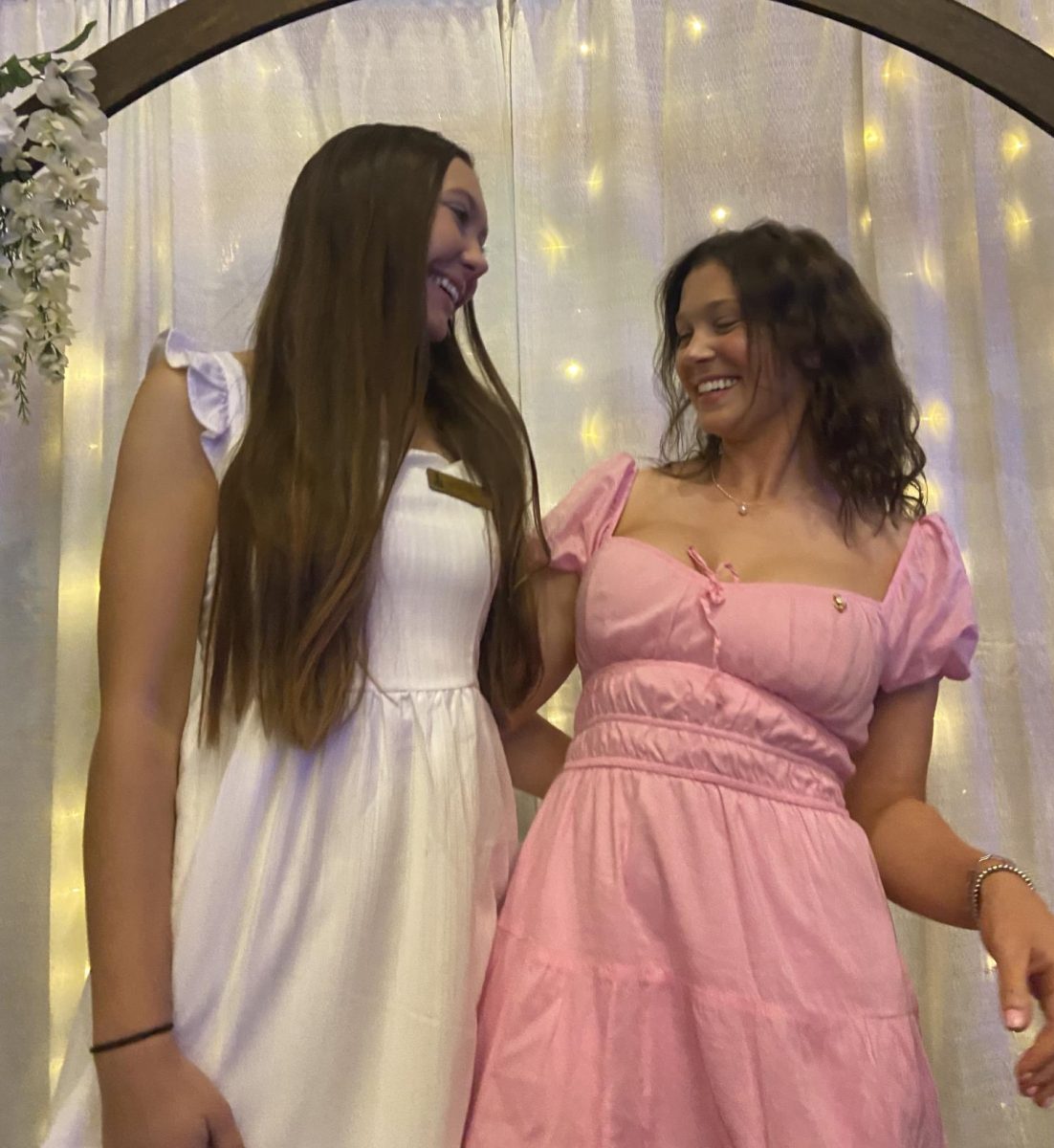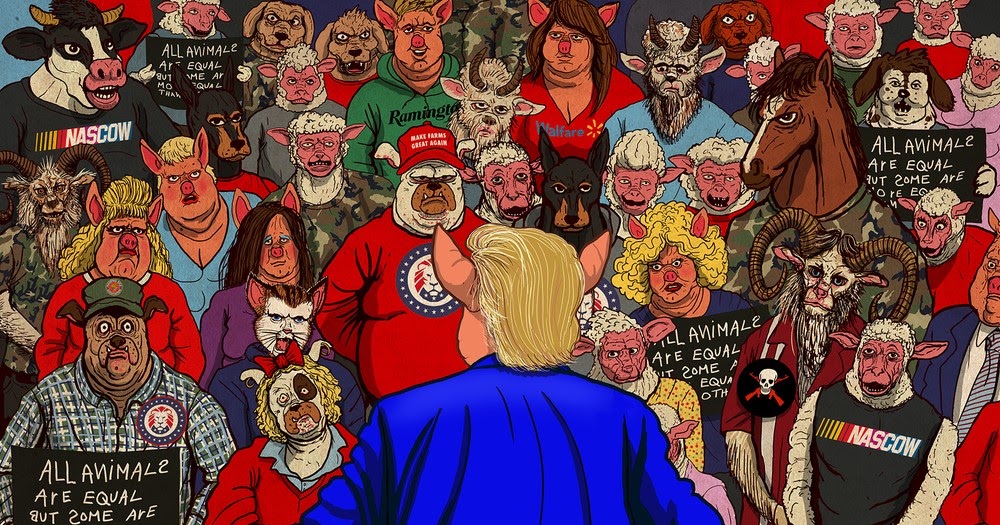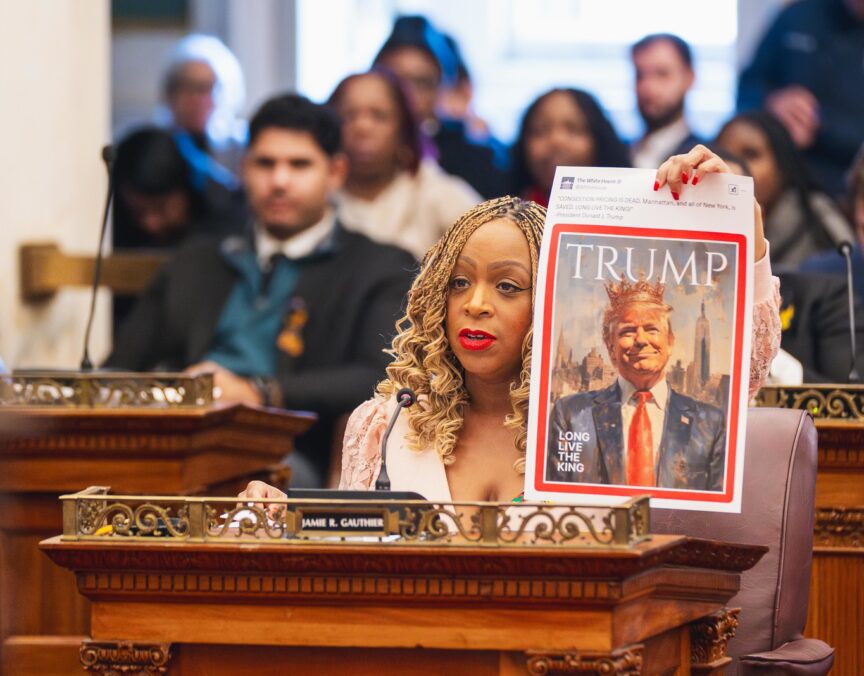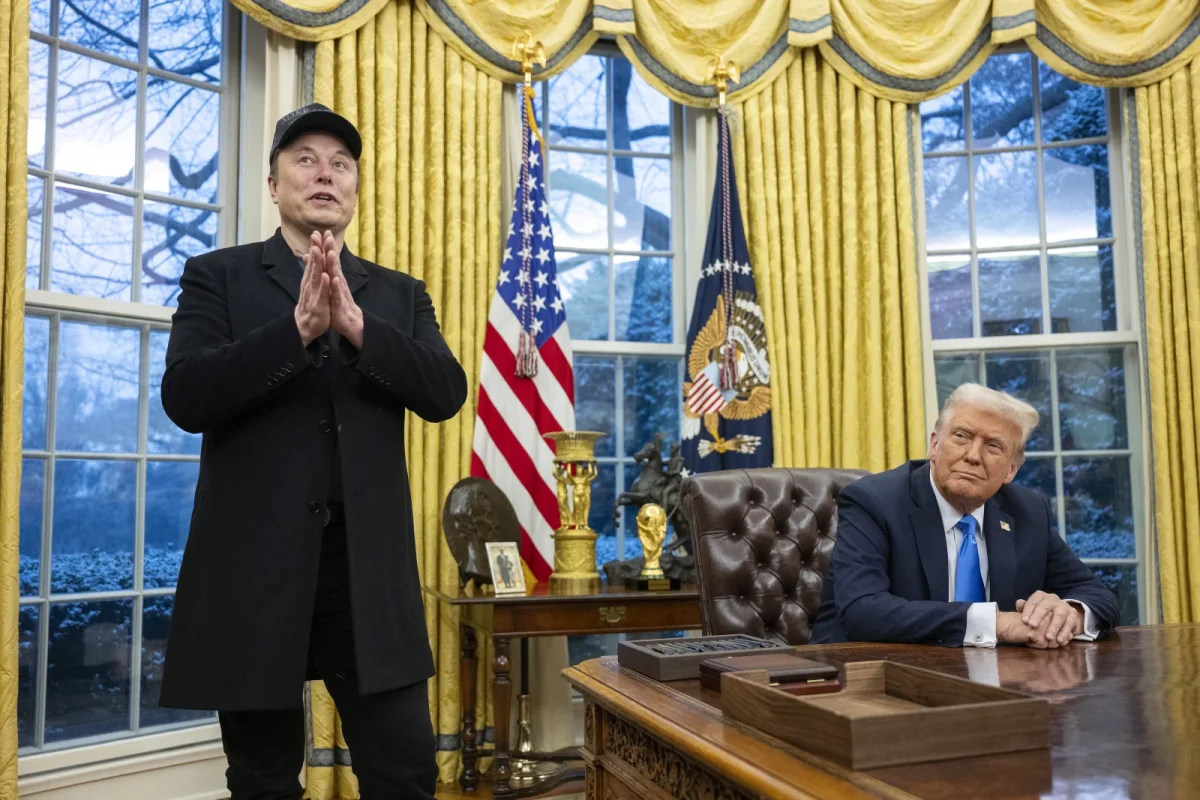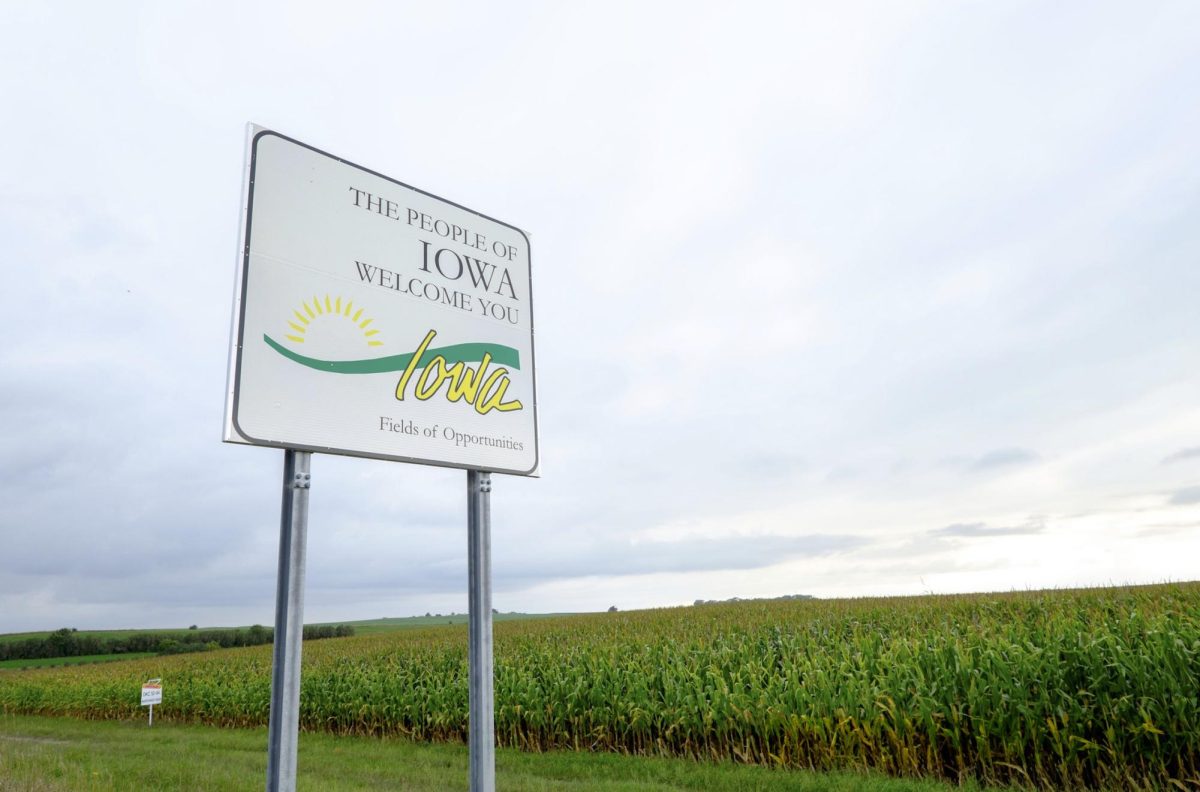As graduation looms about a month away, I am often asked, “What are you going to do after you graduate?” As of right now, the answer is still up in the air. I had one interview already and I have four more before April is over. So it’s too soon to tell.
I am a double major in international studies and political science and prior to senior year, I was always asked, “What do you want to do with that?” Journalism has been my most recent answer and the nice thing about journalism is that one does not need a journalism degree in order to do it.
But I’ve always found the idea of “doing something with your major” something that didn’t make a whole lot of sense. As Randall Hansen, the Career Doctor for Quintessential Careers said, “The degree is the most important element here, not your major or minor.”
Though Hansen may not be the most credible source, I’ve always felt that making the most out of college is the important part, not the field of study, especially since a majority of graduates end up working in a job that is unrelated to their major. I don’t see this as a sign that college students are studying the wrong things, I see it as a golden ticket to study whatever it is we want to study.
For example, my father earned a business administration degree from the University of New Hampshire. Throughout high school, he encouraged me to study business in college as well, saying that I couldn’t go wrong with it. My father is currently an educational assistant at an elementary school. He majored in business, the most common major in the United States, according to the Princeton Review. He did an internship or two and was a member of UNH’s Alpha Phi Omega chapter. It’s not as if my father just took classes. Yet his job duties include playground supervision and after-school tutoring. His degree didn’t do him wrong, but I wouldn’t say it had done him ‘right’ either.
As a Newsweek web exclusive said today, “while studying the humanities has become unfashionable and seemingly impractical, the liberal arts also teaches students to think big thoughts—big enough to see beyond specific college majors and adapt to the broader job market.”
With one’s college experience, it’s not entirely about what one majored in or even the grades earned in these classes. It’s more about what you did outside of the classroom: student groups, jobs, internships, research experience —and athletics. These are the things that teach students the skills sought in the job market. I can honestly and adamantly attribute my five interviews this month to what I did outside the classroom, and not in it.
In May, I will be graduating with a bachelor’s degree in international studies and political science. I can say almost definitively that I will not have a career in politics and that I won’t be doing diplomacy anytime soon. And I will absolutely not attend law school. Yes, I will fall into the majority who will work in a field unrelated to my majors. But I wouldn’t have it any other way.





